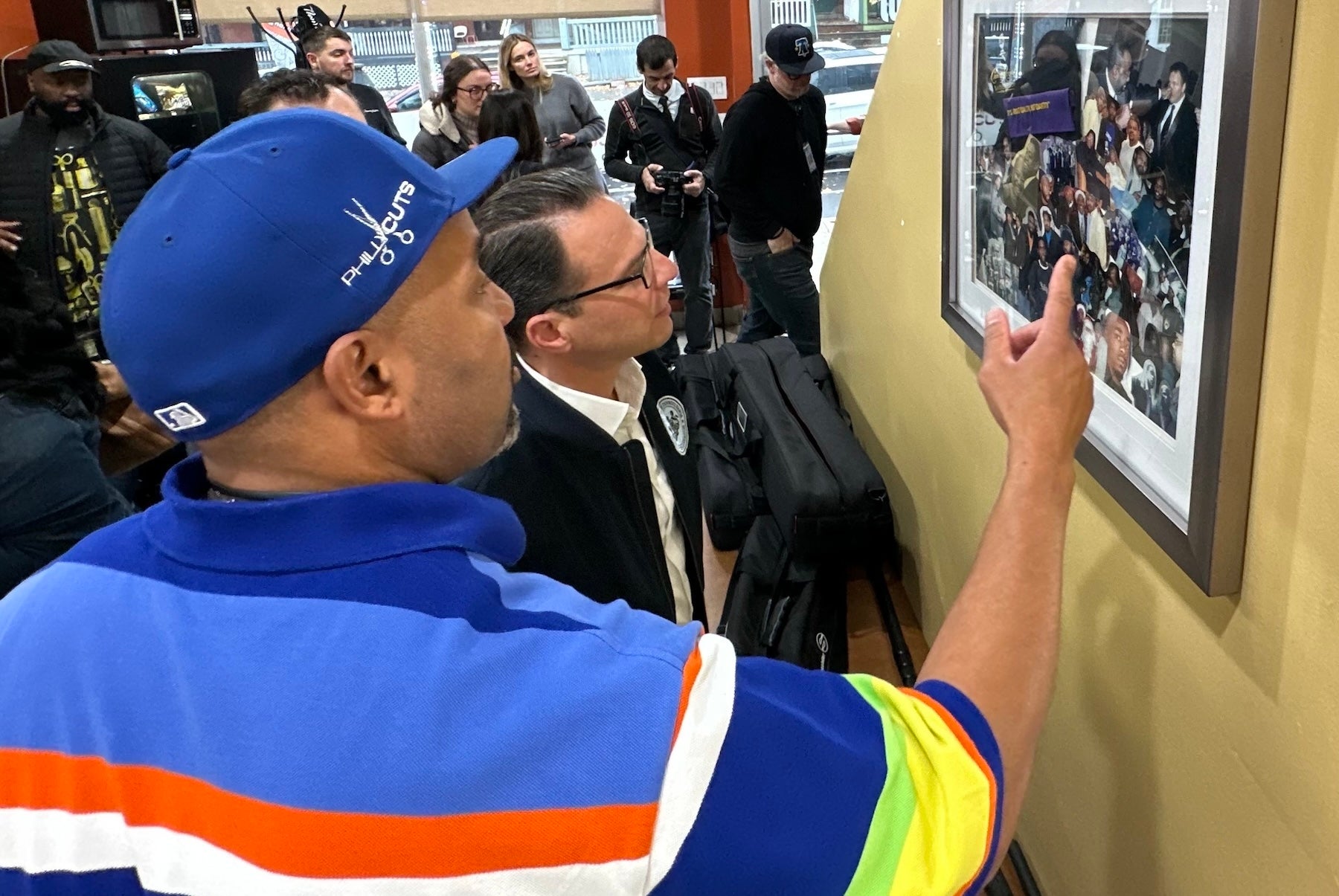Shopping
Rise and Grind: The Formidable Challenge of a Local Coffee Shop – Charlotte Magazine

In an issue devoted to the city’s local coffee scene, I’m ashamed to admit this: I drink a lot of Starbucks. (I know, I know.) They just make it so convenient with the order-ahead app, and I can customize my venti-nonfat-no water-no foam-four pumps of syrup-dirty chai without having to place that obnoxious order out loud. But I’m part of the reason Starbucks controls about 40% of the coffee industry while independent coffee shops struggle.
Chandler Wrenn, who co-owns Hex Coffee, says independent coffee shops like his represent just 6% of the market. They’re up against multinational chains like Starbucks, McDonald’s, and Dunkin’ but have the same overhead as an independent restaurant or bar. “You have to sell 300 cups of coffee a day to keep the lights on,” he says. “The consistency of the coffee is the thing that brings in revenue, but it’s never enough to cover everything.”
With so many barriers to profitability, why take the plunge into coffee-shop ownership? “The opportunity to build this culture is worth the struggle,” Wrenn says. “Being in the 15th-largest city in the country is a rare opportunity—that’s the challenge I feel internally to keep doing it. This place is the story of us, and we’ve always had people in our corner.”
In America, especially, coffee shops have become a default work-from-home space. But it’s hard to turn tables when customers buy one beverage and linger for three hours. “It’s an extension of a public library in the way it’s viewed and treated,” Wrenn says. “Everyone feels connected to it and has opinions about how it should run and operate. If you look at our Google reviews, we get two stars because our Wi-Fi is too slow. That’s a huge problem in our industry.”
It can be particularly tough for first-time coffee shop owners like Stacy and Michael Baker, who opened Grow Cafe in July. They incorporated in 2022, but it took more than a year to find someone who would lease space to them. “We were unproven, and brokers have to be sure about people with proven track records,” Michael says. “It was a lot of roadblocks and a lot of silence. Being a startup was probably not a great look.”
Stacy and Michael Baker cater to working parents with young children—like theirs, in Grow Cafe’s play area.
Last year, they zeroed in on a space in a Highland Creek shopping center. After about 10 days of no response from their broker, the Bakers contacted the property owner themselves through LinkedIn. It was his wife who messaged Stacy back to say she loved their idea: a “play café” with an indoor play area parents can reserve by the hour. “Coffee will still drive sales,” Stacy says, “but the playtime is another avenue of income for us.”
Coffee, it seems, is rarely enough to keep a coffee shop in business. It’s why Wrenn, along with local brands like Enderly, Summit, and Night Swim, are also wholesalers with their own roasteries. “We don’t make money doing the retail thing,” Wrenn says. “In eight years, I’ve raised my (retail) prices twice. I say that not because I’m proud—I’m stupid. We buy green coffee, which is more expensive. In the coffee world, it’s like buying local-farm produce. But in the wholesale world, competitors buy the same coffee and charge $5 more a box.”
I’m writing this column from another local, independent coffee shop called Wildroots. It has record players, ’70s music, and wave murals hand-painted by owner Jasmine Koch. When she steps out from behind the counter, I spot some paint splatter on her hoodie. She tells me she’s been painting the interior of her new tiki-themed coffee shop in uptown, which should be open by the time you read this. “You have to find creative ways to bring people in,” she says with a smile. “I hate it when coffee shops get bigger and do cookie-cutter versions. Each one has to be a unique experience.”
Her barista delivers my iced Rosemary Honey Latte in a retro bubble glass. There’s no question I paid more for less coffee than I would at Starbucks. But that’s not the point when you support independent coffee shops. You’re helping small business owners keep the lights on—and maintain their small but mighty grip on this industry.
TAYLOR BOWLER is the lifestyle editor.










